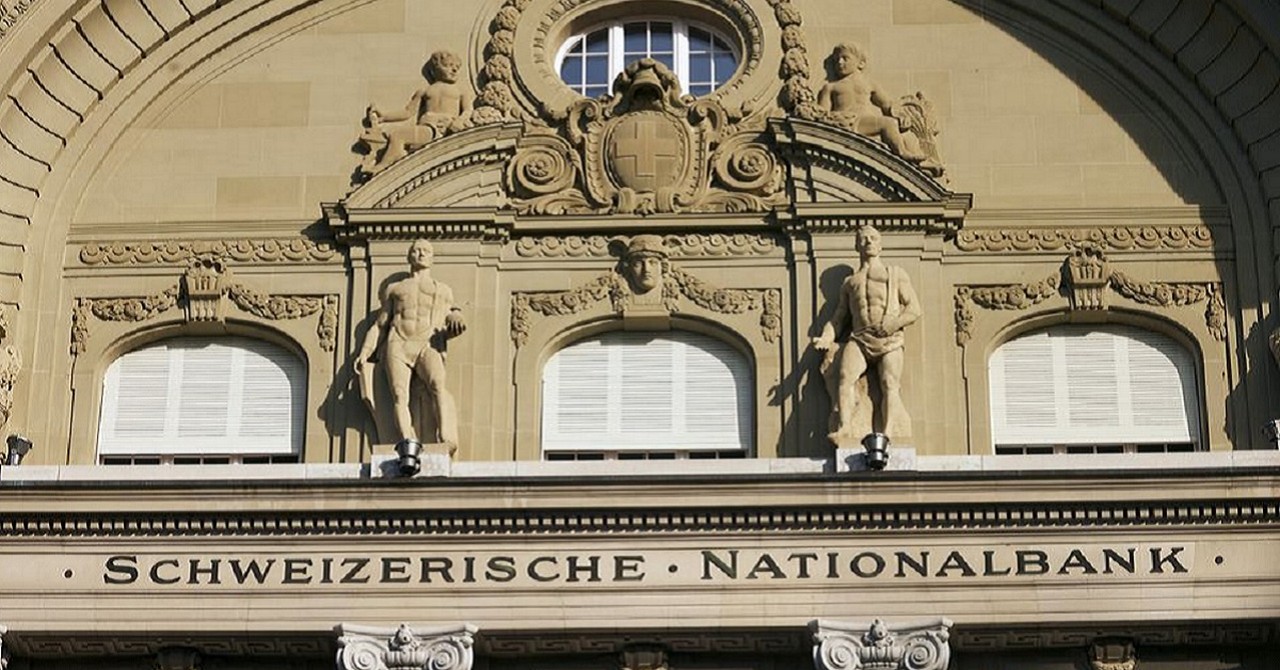The Swiss Nationwide Financial institution raised its rate of interest by 50 foundation factors and signaled extra to come back because it resumed its inflation battle simply days after the downfall of the nation’s second-biggest financial institution turned the epicenter of world monetary turmoil. Officers lifted the benchmark to 1.5%, an final result predicted by most economists earlier than Credit score Suisse Group AG’s pressured takeover by bigger rival UBS Group AG clouded the outlook with worsened market turbulence earlier this week.
“It can’t be dominated out that further rises within the SNB coverage price will probably be needed to make sure worth stability over the medium time period,” Thomas Jordan stated in a press release. “To offer applicable financial circumstances, the SNB additionally stays keen to be energetic within the overseas trade market,” he stated, including that foreign money gross sales have been the main focus.
The quarterly announcement on Thursday by Swiss policymakers matches that of the European Central Financial institution, which raised by the identical quantity final week, and follows Wednesday’s transfer by the Federal Reserve to hike by 1 / 4 level.
Additionally ReadAckman warns of accelerated deposit outflows after Fed resolution
FM Nirmala Sitharaman more likely to meet CEOs of PSU Banks on Saturday
India seeks information on state-bank bond portfolios amid international banking turmoil: Sources
Citigroup CEO Jane Fraser declares ‘this isn’t a credit score disaster’ after US financial institution failures
By pushing via with a big step, the SNB signaled its alarm about inflation outweighs any considerations after the market response to the Swiss deal on Sunday, whose phrases triggered a tightening of economic circumstances for banks all through Europe. Officers did acknowledge that turmoil had been a distraction.
“A Credit score Suisse chapter would have had critical penalties for nationwide and worldwide monetary stability and for the Swiss economic system,” Jordan stated. “Taking this danger would have been irresponsible.” “The SNB sounds clearly extra hawkish than anticipated,” stated Karsten Junius, chief economist at Financial institution J Safra Sarasin Ltd. “We anticipate one other price hike by 25 foundation factors in June.”
Additionally ReadCredit Suisse might trim again workplace jobs in India
Whereas consumer-price development in Switzerland is lower than half of the encompassing euro space and is low by worldwide requirements, an surprising acceleration in February and worries of potential wage pressures prompted heightened concern by officers.
The transfer permits Switzerland to partially slender the distinction with the upper charges of the ECB and the Fed, whose policymakers set financial coverage twice as typically. Benchmark borrowing prices in Switzerland stay 150 foundation factors decrease than within the euro space.
The transfer on Thursday might doubtlessly assist shore up the franc towards imported worth pressures. The Swiss franc flipped to positive aspects towards the euro within the wake of the choice, rising as a lot as 0.2% to 0.9936 per euro. The SNB initiatives inflation of two.6% in 2023, slowing to 2% within the following two years. That compares with prior forecasts for two.4% this yr and 1.8% in 2024.
Jordan attributed the upper projection to “stronger second-round results and the truth that inflationary strain from overseas has elevated once more.” He noticed that “worth will increase at the moment are additionally broad-based.” After unexpectedly failing to develop within the ultimate quarter of final yr, Switzerland remains to be seen more likely to escape a recession. The SNB sees the economic system more likely to broaden round 1% this yr, down from 2.1% in 2022.
Jordan’s press convention is more likely to face essentially the most questions on the Credit score Suisse deal that he helped oversee final weekend. It included a controversial wipe-out of so-called AT1-bonds, upsetting international market ructions earlier than regulators elsewhere reassured traders that they wouldn’t do the identical.



